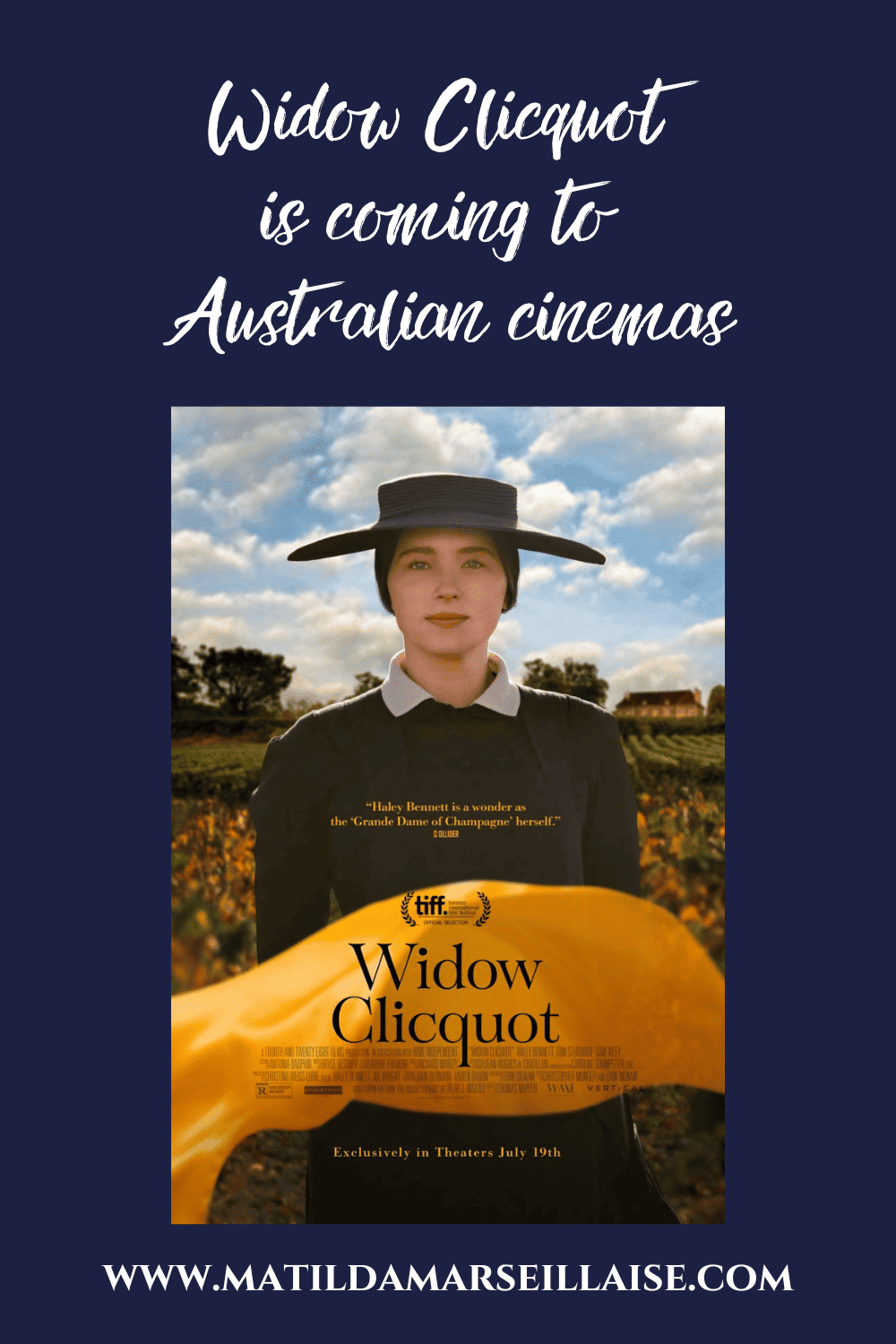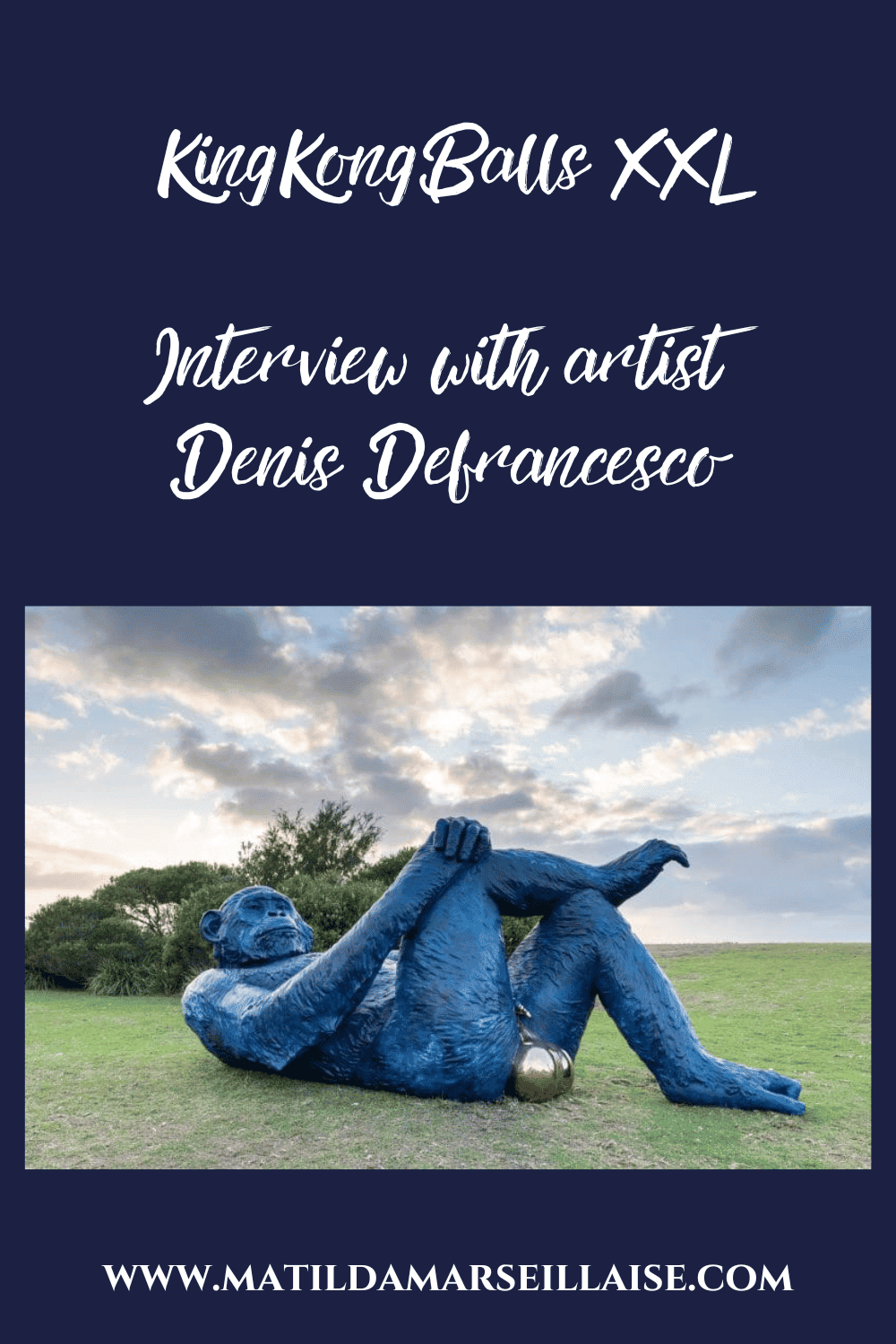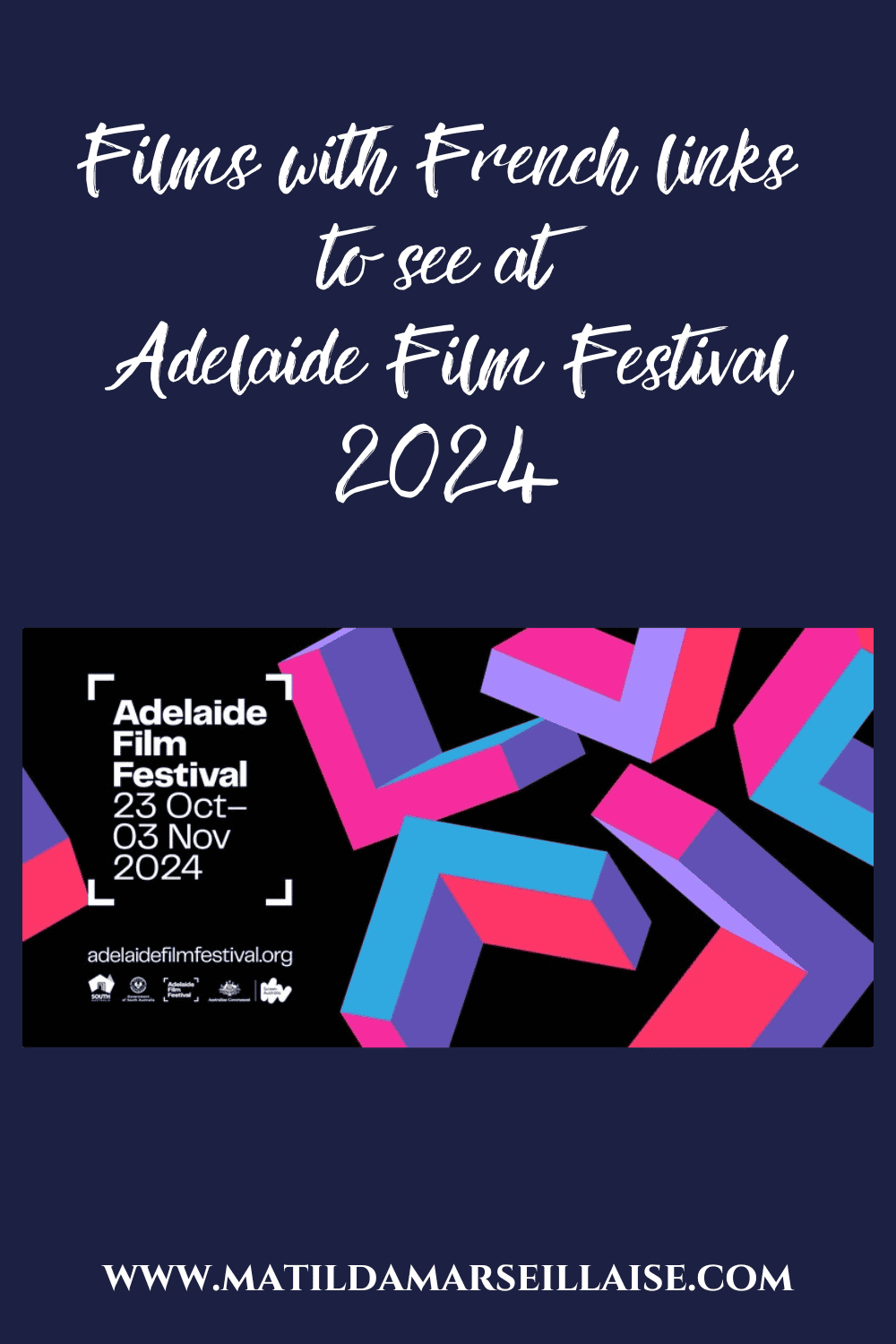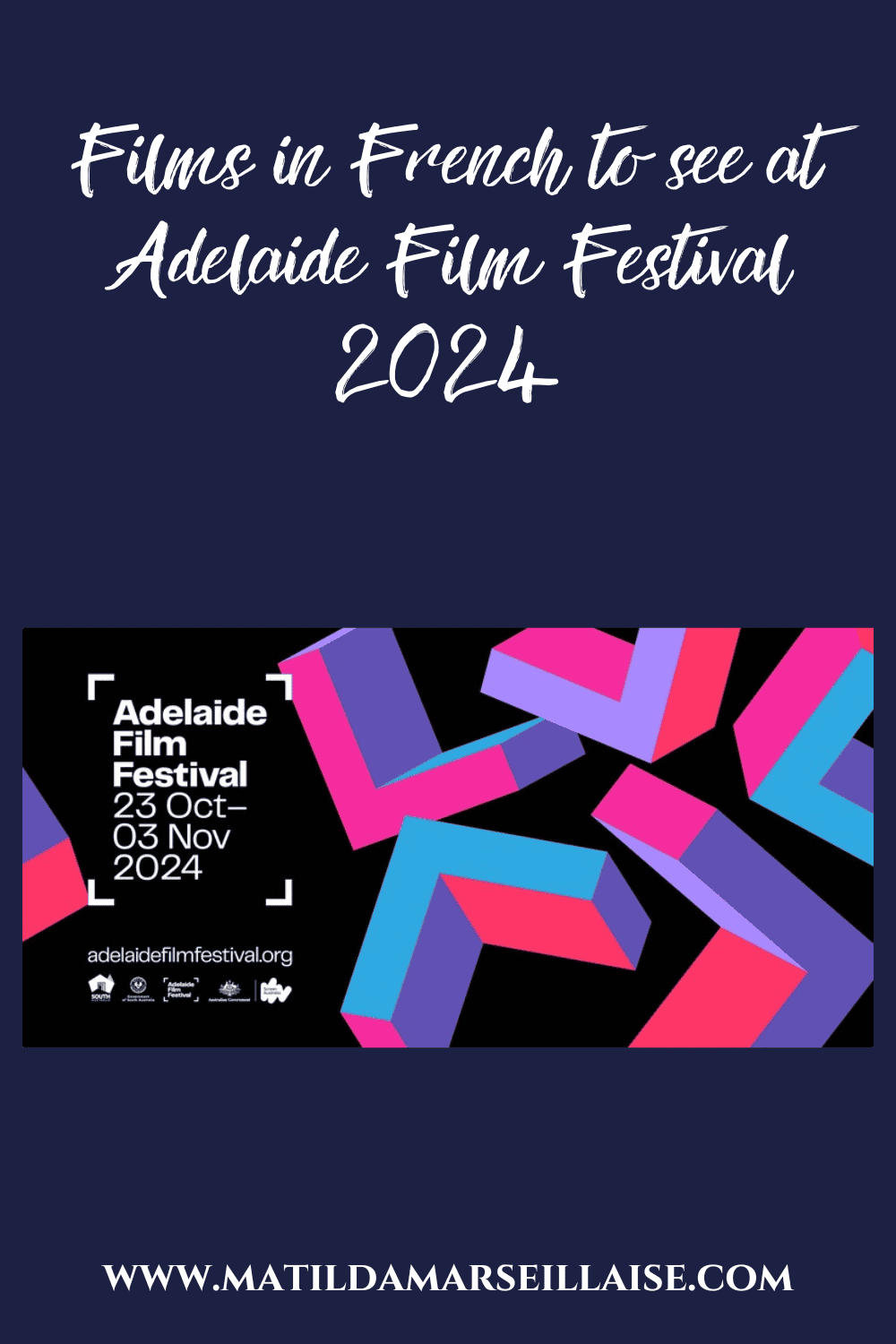Chineke! Chamber Ensemble is a chamber ensemble composed of predominantly black and ethnically diverse classical musicians. The ensemble will play two concerts at the Adelaide Festival this March. Oboist, Armand Djikoloum, is part of the ensemble and will be playing in both concerts. We talked to him about the ensemble, chamber music, oboe, a bit of everything! Read on to find out more.

Armand, you’re coming to Australia with the Chineke! Chamber Ensemble. How long have you been with the ensemble?
The first chamber music project I participated goes back to July 2018.
What can Australian audiences expect from the two concerts by Chineke! Chamber Ensemble at Adelaide Festival this March?
During these concerts at the Adelaide Festival, Chineke! Chamber Ensemble will offer a wonderful encounter with the Australian public with a rich and varied program: world premieres with pieces by Deborah Cheetham and William Barton, the incredible Prokofiev quintet, the too rarely played Martinu nonet, without forgetting the Coleridge-Taylor piece that we love to introduce. It will be a great moment of joy, sharing and creativity thanks to the enthusiasm of all the musicians!
How did you meet?
Chi-chi Nwanoku OBE does a great job of inviting musicians from all over the world. I was first invited to play a project thanks to a recommendation from Nicholas Daniel OBE, and then the chemistry was there and I came back and met new people from the ensemble as time went on.
How does the music that you play with Chineke! differ from the music you play in your other concerts?
There is more space for lesser-played composers such as Coleridge-Taylor, for example, and I personally had never played this nonet before playing it in the ensemble. A large part is also dedicated to contemporary creation.

The ensemble is made up of predominantly black classical musicians of diverse ethnic backgrounds. What is your ethnic background?
I am French. I am of mixed race: my mother is French and my father is Chadian.
Where are the musicians of Chineke! Chamber Ensemble based? Did COVID make it difficult to get all the musicians in the same city to rehearse?
As you said, Chineke! is a platform mainly for musicians from various ethnic backgrounds, created on the initiative of Chi-Chi who plays the double bass in the ensemble. The musicians of Chineke! Chamber Ensemble come from a multitude of countries on several continents. We meet up with each other on a project basis, mostly in the UK but also outside the UK. COVID and the restrictions imposed on performing arts and on the movement of people between countries have had a major impact: long quarantines, complicated testing procedures and above all difficulty in planning travel… Fortunately there are many musicians who live in the UK, which has enabled many of the ensemble’s projects to continue, even at the height of COVID, with concerts streamed from Southbank and thanks to the incredible energy of the whole organisation.
How long have you been playing the oboe and why did you choose it as your instrument?
I started quite young between the ages of 5 and 6! At that time I had a game to learn to recognise the instruments and I loved the sound of the oboe. I wanted to start music straight away and there was a place in the oboe class at my conservatory. I attended a first class and was immediately won over by the kindness of my first teacher!

When and how did you decide you wanted to be a musician?
It’s a little difficult for me to remember exactly. When I was little, I wanted to do a lot of things: acrobat in a circus or even a clown, among others. I thnk that I firstly wanted to be an orchestra conductor because when I was young I loved to “conduct” in front of the stereo at home but I was mostly a clown! Then once I started playing in the orchestra and the oboe band at around 7-8 years old, I realised that I loved it and the idea of turning this passion into a profession naturally guided me.
Do you come from a family of musicians?
Absolutely not! We listened to music often at home, of various genres: chanson française, jazz, classic and reggae (more so at my request!)
What is your favourite composition to listen to? And to play?
This is a difficult question, I like to listen to so many different things: operas, lieder… chamber music… so classical music in the broadest sense but also jazz. Trying to narrow it down to two: Weber’s Freischütz Overture (in Carlos Kleiber’s recording) and the last movement of Mendelssohn’s Quartet No. 6 by the Ebene Quartet.
When I was a kid, I spent hours and hours listening to Swan Lake, I danced while listening to it, I played with my stuffed animals in front of the CD player… in short, I spent the whole day listening to it, I think my mother couldn’t stand it anymore at the end… The most natural answer seems to be the oboe solo from Swan Lake!
Have you been to Australia before? Is Chineke! Chamber Ensemble doing an Australian tour or only performing at Adelaide Festival?
This is my first time in Australia, but I hope to return. The Chineke! Chamber Ensemble will play two different concerts as part of the Adelaide Festival.

You did your studies at the Conservatoire National Supérieur Musique et Danse de Lyon and you’re currently (I think) doing your Masters at Hochschule für Musik Saar. Tell us about these courses.
The two courses have been spaced out in time, as I started quite young in Lyon at the age of 17-18. Then I took a break of about two years before starting in Saarbrücken because I had moved to Germany where I had started to work in various orchestras. It was in one of them, in the Gewandhausorchester in Leipzig, that I met Philippe Tondre who is my current teacher.
At the Conservatoire National Supérieur de Musique et de Danse de Lyon, I discovered a lot of repertoire and we were very stimulated by the energy of our teachers, Jean-Louis Capezzali and Jérôme Guichard. At the time, however, I was only studying and focused on my studies.
The situation is very different for me after the last few years in Saarbrücken (I started my master’s degree in 2018, with a view to preparing for international competitions) where I am much less present because of my various commitments and where the courses take on more of a role of a kind of “improvement” (and sometimes of a necessary return to reality!) than of day-to-day work, so to speak.
 You’ve also studied masterclasses with Maurice Bourgue. Tell us a little about this experience?
You’ve also studied masterclasses with Maurice Bourgue. Tell us a little about this experience?
I was quite young at the time, I was maybe only 10 or so years old. I was at the Conservatoire régional de Paris. I was very happy and impressed at the idea of performing in front of Maurice Bourgue. In the head of the child that I was, it was incredible to be able to meet him given that I listened to his CDs. I have a very fond memories of it.
Why should people attend the Chineke! Chamber Ensemble concerts at Adelaide Festival?
I think the two key words are surprise and excitement. The repertoire is incredibly varied, the sound textures are ever-changing thanks to the many combinations of instruments and we are absolutely bursting with energy to meet the Australian public!
Anything else you’d like to tell us?
I found out today that my visa was accepted so our arrival has never seemed so close! I can’t wait to spend these great moments with the audience on stage and off… See you soon!
—
We thank Armand for this interview. We look forward to seeing Chineke! Chamber Ensemble this March.
The Chineke! Chamber Ensemble appears at the Adelaide Festival as part of a major new cultural exchange resulting from a joint initiative between the British Council and the Australian Government’s Department of Foreign Affairs and Trade entitled The UK/Australia Season.
KEY INFO FOR CHINEKE! CHAMBER ENSEMBLE
WHAT: Two different concerts by Chineke! Chamber Ensemble at Adelaide Festival
Program One:
Martinů: Nonet No.2, H.374
Prokofiev: Quintet in G minor, Op.39
Valerie Coleman: Red Clay and Mississippi Delta
William Barton: World Premiere:
“The Composition” (name TBC)
Composed by: William Barton
Published by G. Schirmer Australia Pty Ltd
By kind permission of the Wise Music Group
Coleridge-Taylor: Nonet in F minor, Op.2
Program Two:
Still: Folk Suite
Rheinberger: Nonet in E-flat major, Op.139
Deborah Cheetham: World Premiere
Schubert: Piano Quintet in A major, D.667
The Trout
WHEN: Wednesday 16 and Thursday 17 March 2022
WHERE: Adelaide Town Hall, 128 King William Street, Adelaide
HOW: Buy your tickets via this link: https://www.adelaidefestival.com.au/events/chineke-chamber-ensemble/
HOW MUCH:
Ticket prices are as follows:
Adult
Premium $109, A Res $89, B Res $69
Festival Friends
Premium $93, A Res $76, B Res $59
Concession (Pensioner, Health Care Card holder, MEAA member)
A Res $72, B Res $55
Under 30 years old (ID required)
A Res $45, B Res $35
Full time student (ID required)
A Res $40, B Res $30
Transaction fees apply.
Other Adelaide Festival 2022 articles you may wish to read:
Adelaide Festival 2022: 10 shows to see with French and francophone links
The Golden Cockerel is coming to Adelaide Festival this March





